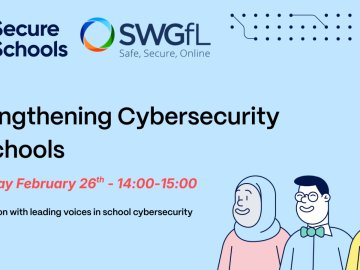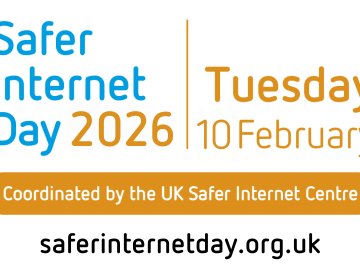Online hate speech is a growing problem. Young people experience it frequently on social media, and it has been proven to affect their development. Education is part of the solution. For this reason, the SELMA project has launched a toolkit that offers comprehensive and hands-on solutions to approach the issue of online hate with young people aged 11-16.
SELMA (Social and Emotional Learning for Mutual Awareness) is a two-year project co-funded by the European Commission, that aims to tackle the problem of online hate speech by promoting mutual awareness, tolerance and respect.
The SELMA Toolkit is the main outcome of the project. It is an interactive set of tools and materials to support young people to understand what hate speech is, how it affects them and those around them, and what we can do together to make a difference.
It offers over 100 free, easy-to-access and customisable resources, a wealth of flexible and hands-on activities which you can run as one-off sessions to trigger immediate engagement and effect, and clear guidance on how to build comprehensive and sustained pathways of change.
The Toolkit encompasses three ecosystems in which young people find themselves, namely the self, the peer/social groups they belong to, and society. Following this approach, it takes you through nine thematic questions such as: what is hate speech? How does it make me feel? What’s my role and what can I do? How can we effect change in our community?
In doing so, it takes a holistic approach, combining the following three methodological lenses.
- Social and emotional learning (SEL) helps young people develop self-awareness, self-management, social awareness, relationship skills and responsible decision-making.
- Media literacy (ML) gives young people the ability to analyse, evaluate and create online media messages across a variety of contexts.
- Citizenship education (CE) empowers teenagers to make constructive and ethical choices about personal behaviour and social interactions.
The SELMA Toolkit aims to prime young people for a culture of mutual respect and open debate, based on a contextual understanding of what is at stake. SELMA partners believe that children and young people can and should be empowered to critically and creatively engage with the problem of online hate speech and its potential solutions, and therefore to become agents of change in their communities. This should happen in dialogue with teachers, parents, professionals, carers, and a wider range of education, industry and society stakeholders. For this reason, the SELMA Toolkit can be used by teachers, educators looking to set up a peer-to-peer scheme, social workers and members of industry.
If you are eager to know more, the SELMA Toolkit also provides research background based on the research report "Hacking Online Hate: Building an Evidence Base for Educators," which synthesises the main findings of a comprehensive research programme carried out by the SELMA project to achieve a holistic understanding of the online hate speech phenomenon and provide an empirical and theoretical backbone for the Toolkit.
Access the SELMA Toolkit at: www.hackinghate.eu/toolkit






